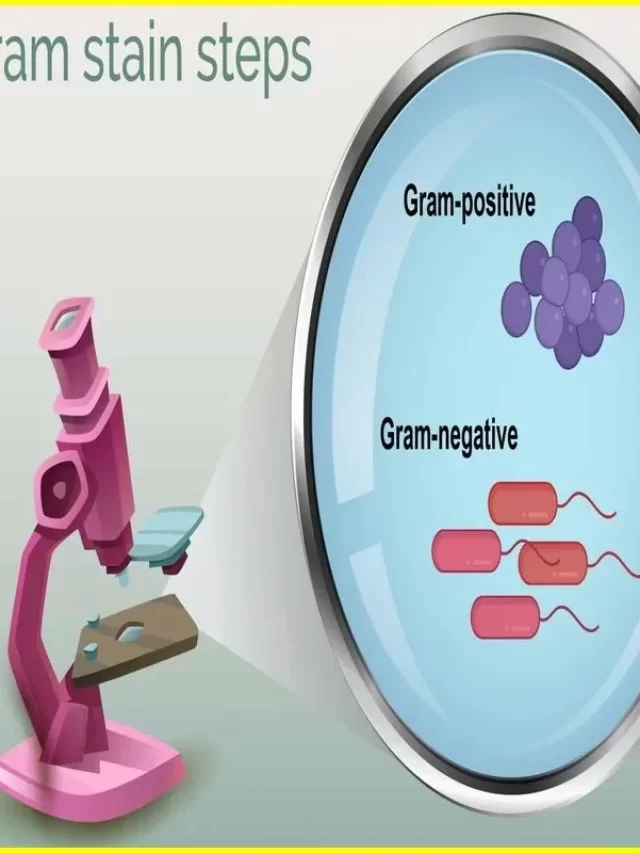
Difference Between MRI and CT Scan
Pros and Cons of CT Scan Vs MRI
Are you curious about the difference between CT Scan and MRI? With advances in technology, medical imaging has become an essential tool for diagnosing various conditions. However, with so many options, it can be challenging to determine which is best for your situation. In this blog post, we’ll explore the pros and cons of CT scan vs MRI, to help you make an informed decision about your healthcare needs. So let’s dive into it!
A CT (computed tomography) scan is a type of X-ray imaging that uses a computer to create cross-sectional images of the body. It is often used to diagnose diseases and injuries and can be used to detect small tumors or lesions. CT scans are relatively quick and easy, but they expose the patient to radiation, which may increase the risk of cancer over time.
An MRI (magnetic resonance imaging) is a non-invasive procedure that uses a powerful magnetic field and radio waves to produce detailed images of the body’s internal organs and structures. MRIs are more accurate than CT scans and do not involve radiation exposure, making them safer for patients in the long run. However, MRIs take longer than CT scans and require more cooperation from the patient because they must remain still throughout the procedure.
Ultimately, both CT scans and MRIs have their advantages and disadvantages depending on your individual health care needs. Talk to your doctor or healthcare provider about which option is right for you.
What is Pros and cons of CT scan vs MRI
There are some major differences between CT scan and MRI that patients should be aware of. CT scans use X-rays to produce images, while MRIs use magnetic fields and radio waves. This means that CT scans expose patients to ionizing radiation, while MRIs do not. Additionally, CT scans are faster than MRI and can be used to image bones, while MRIs are better at imaging soft tissue.
One of the main advantages of CT scans is that they are less expensive than MRI. They also require less time for scanning and image processing, which could be important for critically ill patients who need a quick diagnosis. Another advantage of CT scans is that they can be used to image both hard and soft tissue, whereas MRI is typically only used to image soft tissue.
However, there are some disadvantages of CT scan as well. As mentioned above, they expose patients to ionizing radiation, which can increase the risk of cancer. Additionally, CT scan images can sometimes be of lower quality than MRI images, making it more difficult to detect small abnormalities.
Article About:- Health & fitness
Article About:- Medical Technology
Article About:- Sports

Why do I need a CT scan after an MRI
The answer to this question depends on why you had the MRI. In some cases, your doctor may have ordered an MRI and CT scan at the same time because he or she was unsure which test would be more likely to provide useful information. In other cases, your doctor may have ordered an MRI but then decided that a CT scan would be more helpful after looking at the MRI results.
If you’re wondering why you need a CT scan after an MRI, it’s important to talk with your doctor about your specific case. He will be able to explain why a CT scan is necessary and how it will help with your treatment.
What is CT vs MRI advantages and disadvantages?
There are a few important things to keep in mind when considering CT scan versus MRI. For one, CT scans use radiation while MRIs do not. This is an important factor to consider if you are pregnant or may become pregnant in the future, as radiation can be harmful to a developing fetus. Additionally, CT scans are generally faster than MRI and can be more easily completed on an outpatient basis. However, MRIs provide more detailed images and may be better at detecting certain types of abnormalities. Ultimately, which test to undergo should be decided between you and your doctor based on your individual needs and health history.










